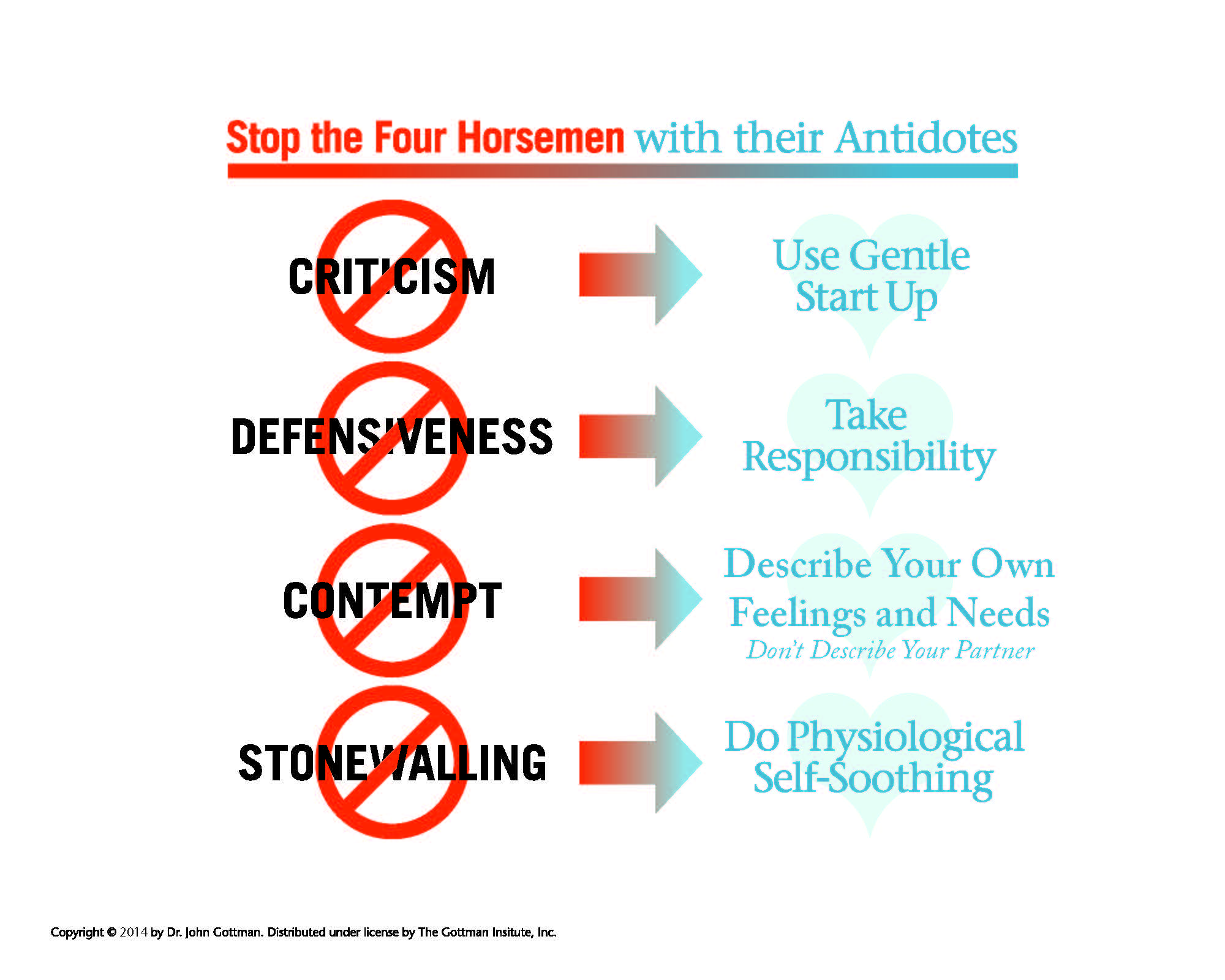H. Wallace Goddard said oftentimes "We tend to excuse our own failures while condemning others for theirs." We know that part of our mortal experience here on Earth, is to overcome our weakness's. Each and every one of us have been given limitations, and these obstacles are what the Lord uses to help us grow. In our relationships with friends, neighbors, colleagues and family members, often times it is much easier to look past their shortcomings and limitations, however, when it comes to a marriage relationship, we may tend to be much more critical of our spouse. As Goddard explains, when we live this way, we are living a "Telestial law." "We act primarily to meet our own needs with disregard for others, and our automatic response in family life usually operates at this level." Living this lower law would make it difficult for any marriage to survive. A strong marriage must center upon looking past each other's weakness's and focusing more tightly upon the positive strengths that a partner has. The Savior is the key to making this happen, and without including him in our marriages, we will fall short of living the celestial law that a temple endowed couple desires. Goddard said the Savior "comes humbly to our broken-down hope and offers to carry us to spiritual healing. We may not realize that all our problems are ultimately spiritual--and that Jesus is the great Healer. He heals every malady." When we place the Savior as our marital foundation, we are more likely to look past faults, and only then can we reap the beautiful blessing of a strong marriage.
Besides looking too closely at our spouse's weaknesses, there are also some other mistakes that we can make, that will rob us of a healthy relationship. Gottman calls these "the four horsemen." Before Gottman talks about each of the "horsemen" he addresses what he calls a "harsh startup". His definition of this, is when a conversation starts off with "criticism and/or sarcasm, a form of contempt." Based on his research, if a conversation begins this way, it will "inevitably end on a negative note." This tells me that we must be careful in how we begin our conversations with our spouse. If we use a "harsh startup" the conversation is set to fail. Next, Gottman discusses his "four horseman." The first is using criticism in conversation. An example of this would be blaming your spouse for something that he/she did and it can also be classified as an attack on their character. A criticism is different than a complaint that a complaint addresses the situation as a whole and a criticism turns it into a personal attack. An example of a criticism would be"I feel really frustrated when I ask for the trash to be taken out, and it doesn't get done." In contrast, a criticism in this same situation would be " I get really tired of asking you over and over again to take out the trash. Why can't you ever do anything that's asked of you?"
The second horseman is contempt. A few examples of this behavior, according to Gottman are "name calling, eye-rolling, sneering, mockery, and hostile humor." Gottman believes that this is the worst of the four horsemen and it is sure to wreck a marriage if it's not rectified. Contempt stems from underlying feelings of bitterness and negativity about your spouse and usually it leads to"more conflict rather than to reconciliation " (Gottman, 1999). The third horseman is defensiveness. Defensiveness can be a natural reaction when one feels like they are being attacked, however, this is not the proper way to deal with conflict. In most cases, defensiveness will heighten an argument instead of leading it to a resolution. The final horseman is stonewalling. Stonewalling usually takes place after years of dealing with contempt, criticism, and/or defensiveness. One spouse decides that enough is enough and tunes out the other partner. This leads to an unproductive conversation, and a distance between partners. As we identify these habits and behaviors in our own marriages, we will be able to pull away from negativity, spite and improper focus on flaws. Our conversations will become more meaningful, we'll be able to resolve conflicts, and we will also be able to see our spouses as Christ see's them.

No comments:
Post a Comment